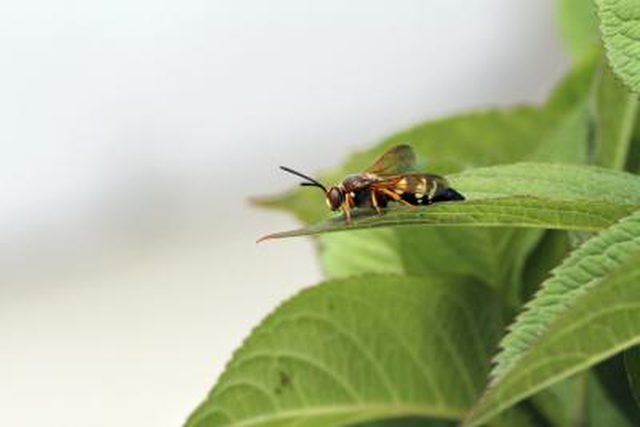Bulbs
Flower Basics
Flower Beds & Specialty Gardens
Flower Garden
Garden Furniture
Garden Gnomes
Garden Seeds
Garden Sheds
Garden Statues
Garden Tools & Supplies
Gardening Basics
Green & Organic
Groundcovers & Vines
Growing Annuals
Growing Basil
Growing Beans
Growing Berries
Growing Blueberries
Growing Cactus
Growing Corn
Growing Cotton
Growing Edibles
Growing Flowers
Growing Garlic
Growing Grapes
Growing Grass
Growing Herbs
Growing Jasmine
Growing Mint
Growing Mushrooms
Orchids
Growing Peanuts
Growing Perennials
Growing Plants
Growing Rosemary
Growing Roses
Growing Strawberries
Growing Sunflowers
Growing Thyme
Growing Tomatoes
Growing Tulips
Growing Vegetables
Herb Basics
Herb Garden
Indoor Growing
Landscaping Basics
Landscaping Patios
Landscaping Plants
Landscaping Shrubs
Landscaping Trees
Landscaping Walks & Pathways
Lawn Basics
Lawn Maintenance
Lawn Mowers
Lawn Ornaments
Lawn Planting
Lawn Tools
Outdoor Growing
Overall Landscape Planning
Pests, Weeds & Problems
Plant Basics
Rock Garden
Rose Garden
Shrubs
Soil
Specialty Gardens
Trees
Vegetable Garden
Yard Maintenance
How to Kill Cicada Killer Wasps
How to Kill Cicada Killer Wasps. Cicada killer wasps, which appear in sunny, open areas east of the Rocky Mountains for about a month every summer, look scary but they are docile. The males, with bodies that measure as long as 2 inches, are unable to sting or bite. Although the sting of a female wasp is painful, the mild-mannered wasps rarely sting...

Cicada killer wasps, which appear in sunny, open areas east of the Rocky Mountains for about a month every summer, look scary but they are docile. The males, with bodies that measure as long as 2 inches, are unable to sting or bite. Although the sting of a female wasp is painful, the mild-mannered wasps rarely sting unless you step on one or grab the wasp with bare hands. The wasps are mostly harmless, but the tunnels created by the females can disrupt the soft soil in flower beds or around play areas, patios or golf course sand traps.
Things You'll Need
Badminton racquet
Short stick
Pyrethrins or pyrethroid spray
Swat and kill cicada killer wasps with a lightweight swatter such as a badminton racquet. Swing quickly and you can reduce the numbers of male wasps that fly in the area, waiting to mate with female wasps as soon as they hatch in midsummer. A tennis racquet isn't quite as effective, because you can't swing the heavier racket fast enough to kill wasps in large numbers.
Plug the tunnels of female wasps with a short stick, then stomp on the stick so it is firmly placed level with the ground. Smooth the U-shaped piles of dirt left by the wasps, because the females use the piles to locate the tunnel when they return from cicada-hunting expeditions. Be persistent. If you plug holes and remove the dirt piles every morning, the females will move on and build their tunnels elsewhere.
Check each tunnel 30 to 45 minutes after plugging the hole. If you see females trying to dig back into the tunnel, hit them with a badminton racquet or step on them. Wear sturdy, closed-toe shoes to prevent stings.
Apply pesticides only if the wasps are causing significant problems and other means of control aren't effective. Use a product containing pyrethrins, or pyrethroids, which are a synthetic form of pyrethrin. The low-toxicity substances are relatively safe for humans and mammals, but they kill insects by interfering with the nervous system. Spray the entrance to the burrows and the surrounding soil at a rate of 6 ounces per 9,000 square feet.
Tips & Warnings
Cicada killer wasps are effective pollinators in the garden.
Cicada killer wasps don't like muddy soil, s drenching the area with water may cause them to abandon their tunnels.
If the wasps are troublesome around sandy areas such as golf course sand traps or children's play areas, water the area frequently to keep the sand moist. Raking the sand also helps prevent the wasps from building tunnels.
Spray pyrethrins in the evening when temperatures are between 60 and 80 F.
Although cicada killer wasps rarely sting, the stings may cause allergic reactions in people who are allergic to bee stings. If this happens, seek help immediately.
Store pyrethrins in a cool, dry location away from pets and children. Be sure children and pets are not in the area when you spray.
To protect your skin, wear long-sleeved shirts, long pants, gloves and boots when spraying pyrethrins. Wear protective glasses to protect your eyes.
Never spray pyrethrins near bodies of water or drains. The substance can be highly toxic to fish.